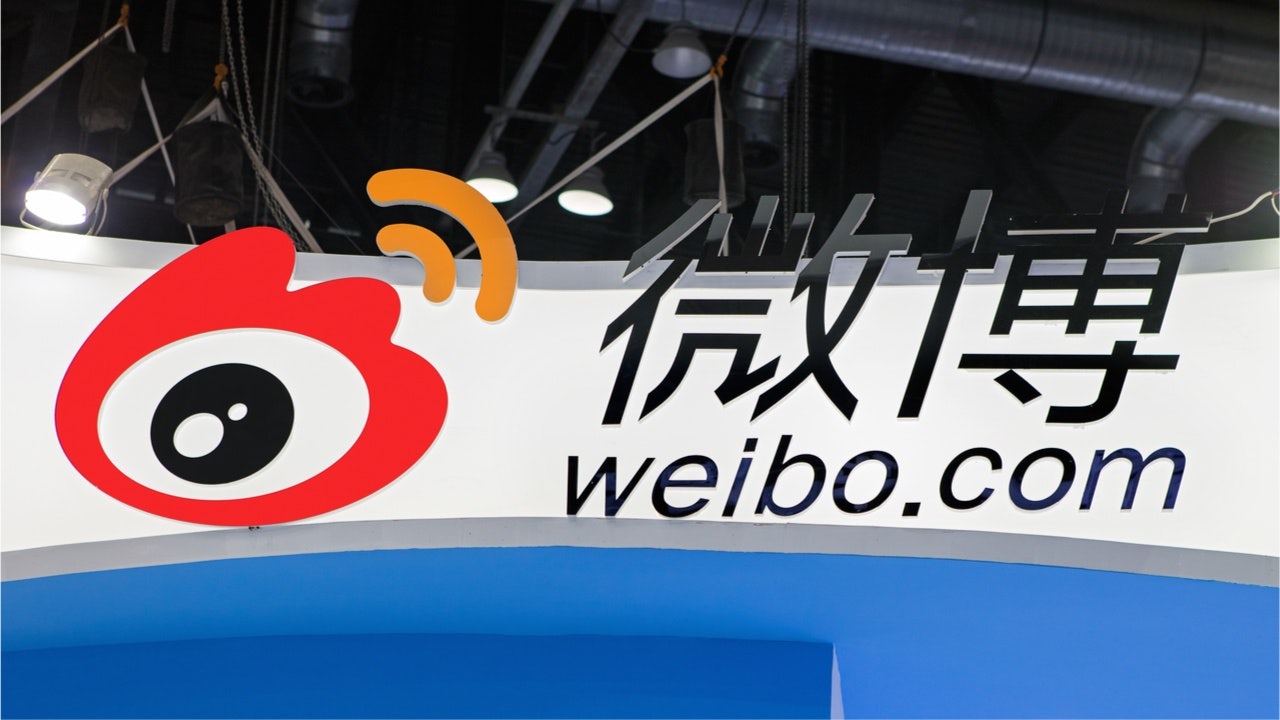What happened
Nasdaq-listed social media platform Weibo Corp. has become the sixth Chinese company to be added to the roster of corporations not in compliance with the Holding Foreign Companies Accountable Act (HFCAA). The others at risk of delisting (in 2024) are BeiGene, Zai Lab, Yum China Holdings, ACM Research, and HUTCHMED.
All have been given 15 business days to submit the required audit reports. Weibo announced it will consider evaluating options in response to the delisting threat. Following the news, its shares on Nasdaq plunged 0.59 percent to close at 27 on Thursday, according to China Daily. The social media giant has a secondary listing on the Hong Kong Stock Exchange, where it fell 3.53 percent this past Friday.
The Jing Take
Considering that Weibo has worked tirelessly throughout 2021 to make its market debut on the Hong Kong Stock Exchange, it’s likely the tech conglomerate was well aware of the situation and had already taken precautionary actions to avoid a significant stock drop. Moreover, Weibo might have anticipated that the U.S. will retaliate against mainland industries following Beijing’s refusal to participate in Western sanctions on Russia. Given this, it might already have an exit strategy in place.
Ultimately, Weibo has two options. Either to comply with the SEC’s request and submit evidence or to delist from Nasdaq and focus on returning to a “safer” market closer to home.
Weibo’s position is evidently different to that of Didi Global Inc. While the ride-hailing outfit angered Beijing with its IPO in the U.S., perceived as a “deliberate act of deceit,” Weibo seems more fearful of Beijing’s scrutiny. To that end, Weibo might comply with the requests from regulators in China who have asked various U.S.-listed businesses (which don't gather sensitive data) to prepare for more audit disclosures.
“The latest step by the Chinese regulators shows Beijing’s willingness to make some concessions to resolve a long-running Sino-U.S. audit stand-off that has put hundreds of billions of dollars of U.S. investments in Chinese companies at stake,” says Reuters. Moreover, Goldman Sachs estimates that U.S. institutional investors hold around 200 billion of exposure to Chinese companies' American depositary receipts.
Conversely, if Weibo chooses to delist and focus on Hong Kong, it might find a safer haven in Greater China than the U.S. because it won’t have to fear being caught in the Beijing-Washington crossfire, as well as exposure to volatility in the U.S. stock market. In the near future, whether Weibo delists or not, other Chinese companies should take note and prepare their own exit contingency strategies. U.S. regulators might not be done yet.
The Jing Take reports on a piece of the leading news and presents our editorial team’s analysis of the key implications for the luxury industry. In the recurring column, we analyze everything from product drops and mergers to heated debate sprouting on Chinese social media.

